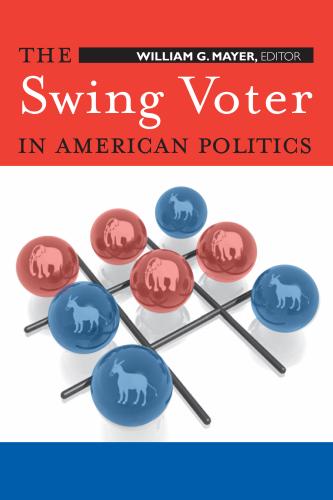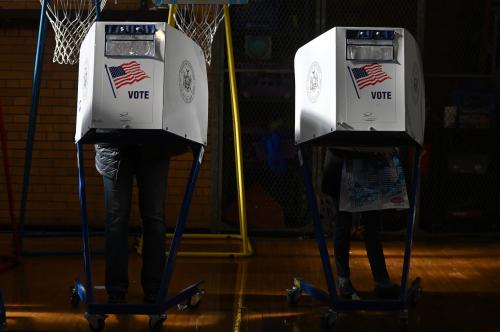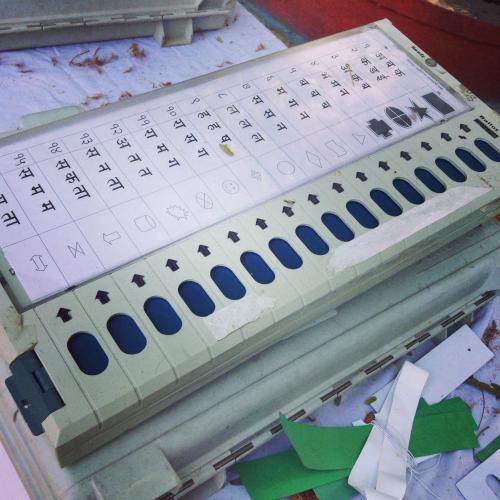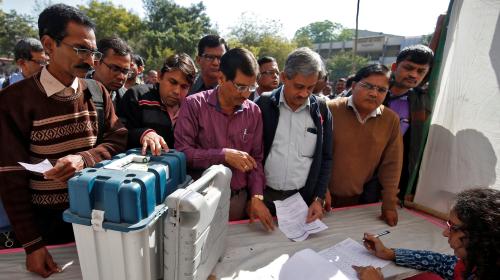The use of blockchain in the public sector reached another milestone this month when West Virginia became the first U.S. state to allow internet voting by blockchain in primary elections. While the voter participation through this platform was estimated to be small, the intention of the administrators was to test the technology in a pilot project with no immediate plans to implement it at a larger scale.
The idea of using blockchain for elections is worth more than just an experiment, however. Mobile voting using a safe and tested interface could eliminate voter fraud and boost turnout. It will make it more convenient for citizens to vote while abroad, irrespective of the distance and time. It is also a beneficial tool for the election commission to maintain transparency in the electoral process, minimize the cost of conducting elections, streamline the process of counting votes and ensure that all votes are counted.
Under the technology that was used in the West Virginia elections, a voter’s identity is verified using biometric tools like a thumbprint scan before voting on a mobile device. Each vote forms part of a chain of votes, where it is mathematically proven by the third party participant. Using blockchain, all data of the election process can be recorded on a publicly verifiable ledger while maintaining the anonymity of voters, with results available instantly.
Open source software for transparent elections
The use of blockchain in voting for elections can be further streamlined by using open source blockchain voting platforms. An open source platform does not have any proprietary elements to it, allowing any citizen or agency to audit the functionality of the application and contribute to improve its security. Rather, an open-source system is necessary to have a fool-proof election. There are several start-ups like Democracy Earth Foundation, Follow My Vote, democracyos.org, VoteWatcher, Milvum and VotoSocial that have sprouted in the recent years working in the area of open source online voting application following the open data philosophy.
At a time when elections—even in advanced democracies—are tainted with allegations of fraud or outside influence, use of technology to eliminate rigging is imperative. However, there is still skepticism around using blockchain for this purpose. For blockchain to be a viable option for conducting elections, certain challenges must be overcome. Public officials will have to understand the nuances of the technology and evaluate feedback received from voters and administrators alike.
The National Conference of State Legislatures describes several considerations for adopting electronic transmission of ballots, including privacy, security of the election process, security of the voter’s computer, denial of service attack, voter coercion, auditability, authentication and inconvenience for the local election official. Blockchain has to be tested, be available at an optimum cost and be able to scale up for higher numbers of users. Political will to support a new technology is also necessary.
This highlights a need to create awareness among the government officials and build the technological capabilities for making possible a technology-driven, transparent electoral process. According to Pete Martin, CEO of Votem and a proponent of online voting, we are two years away from major online elections running on blockchain in the U.S. As governments change, the process of electing such governments is bound to change too—and blockchain may have a part to play.
The Brookings Institution is committed to quality, independence, and impact.
We are supported by a diverse array of funders. In line with our values and policies, each Brookings publication represents the sole views of its author(s).










Commentary
How blockchain could improve election transparency
May 30, 2018